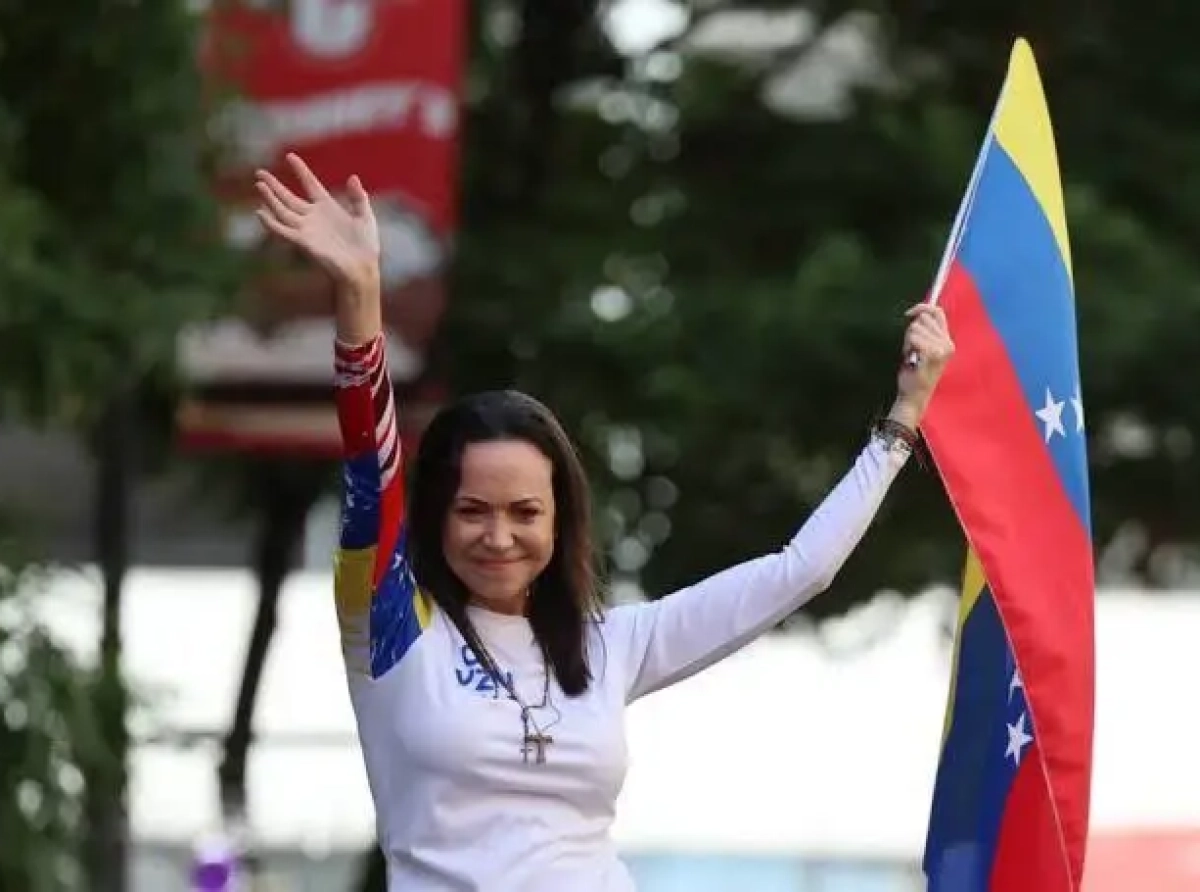The Nobel Peace Prize is one of five Nobel Prizes, established by Swedish industrialist and inventor Alfred Nobel. It was first awarded in 1901. Alfred Nobel stated in his will that the prize should be awarded "to the person who shall have done the best or greatest work for fraternity between nations, for the abolition or reduction of armies, or for the holding and promotion of peace conferences." The Nobel Peace Prize is the only Nobel Prize not awarded in Stockholm. It
is awarded annually in Oslo, the capital of Norway.
Those who are eligible to nominate, such as members of parliament and university professors, submit their lists of candidates by 1 February of the same year. The members of the Nobel Committee themselves have more time to nominate their candidates.[6] The committee, whose five members are elected by the Norwegian Parliament, reviews the lists of candidates and selects a shortlist of 20 to 30 people from among them. A group of Norwegian and international consultants submit reports on the candidates on the shortlist. The committee members use these reports and other documentation to narrow down the number of candidates. The decision on the final winner is made at the committee's last meeting, usually held in late September or early October.
The Nobel Committee has named Venezuelan opposition politician Maria Corina Machado as this year's Nobel Peace Prize laureate. Some analysts have dubbed her the "Iron Lady of Venezuela." The government of Venezuelan President Nicolas Maduro has banned the woman from leaving Venezuela. The Nobel Committee considers her worthy of the award as someone who still keeps the flames of democracy burning. The winner will receive a Nobel medal, an honorary diploma and a prize of about 11 million Swedish kronor (about $1 million). Nobel Committee Chairman Jürgen Vatne-Friedens described Machado as "a key, unifying figure among the once deeply divided opposition," and said he had played a decisive role in building a consensus for free elections and representative governance in Venezuela.
The Norwegian Nobel Committee, an independent group of five people elected by the Norwegian Parliament, has announced that it has made its decision on this year's winner and will announce it tomorrow (Friday, October 10) in Oslo.
María Corina Machado is a prominent and influential figure in the Venezuelan opposition and political leader. She was born on October 7, 1967 in Caracas and graduated in industrial engineering from the Andrés Bello Catholic University. As an activist and politician, Machado has played a prominent role in the democratic movements and opposition to the Chávez and Maduro governments. Machado is a fierce opposition leader in Venezuela, who has repeatedly participated in popular protests, criticized repression, and defended human rights. In 2014, his seat in the Organization of American States was illegally revoked after he spoke at the Organization of American States criticizing the Maduro regime.
In the opposition's 2023 internal elections, he won with over 92% of the vote, but was banned from holding public office for 15 years by the Maduro government. Despite these restrictions, Machado continued to fight for democracy and inspired the protest movement against the dictatorship. He was also awarded the Václav Havel Human Rights Prize and the Sakharov Prize for Freedom of Thought in 2024.
In a phone call when she was told she had won the Nobel Prize, Maria Corina Machado said: "This is my honor. I thank you on behalf of the Venezuelan people. We have not yet reached our goal, we are working hard for it and I am sure we will succeed."
Translator: Faegheh Ebrahimpour

 En
En  Fa
Fa 